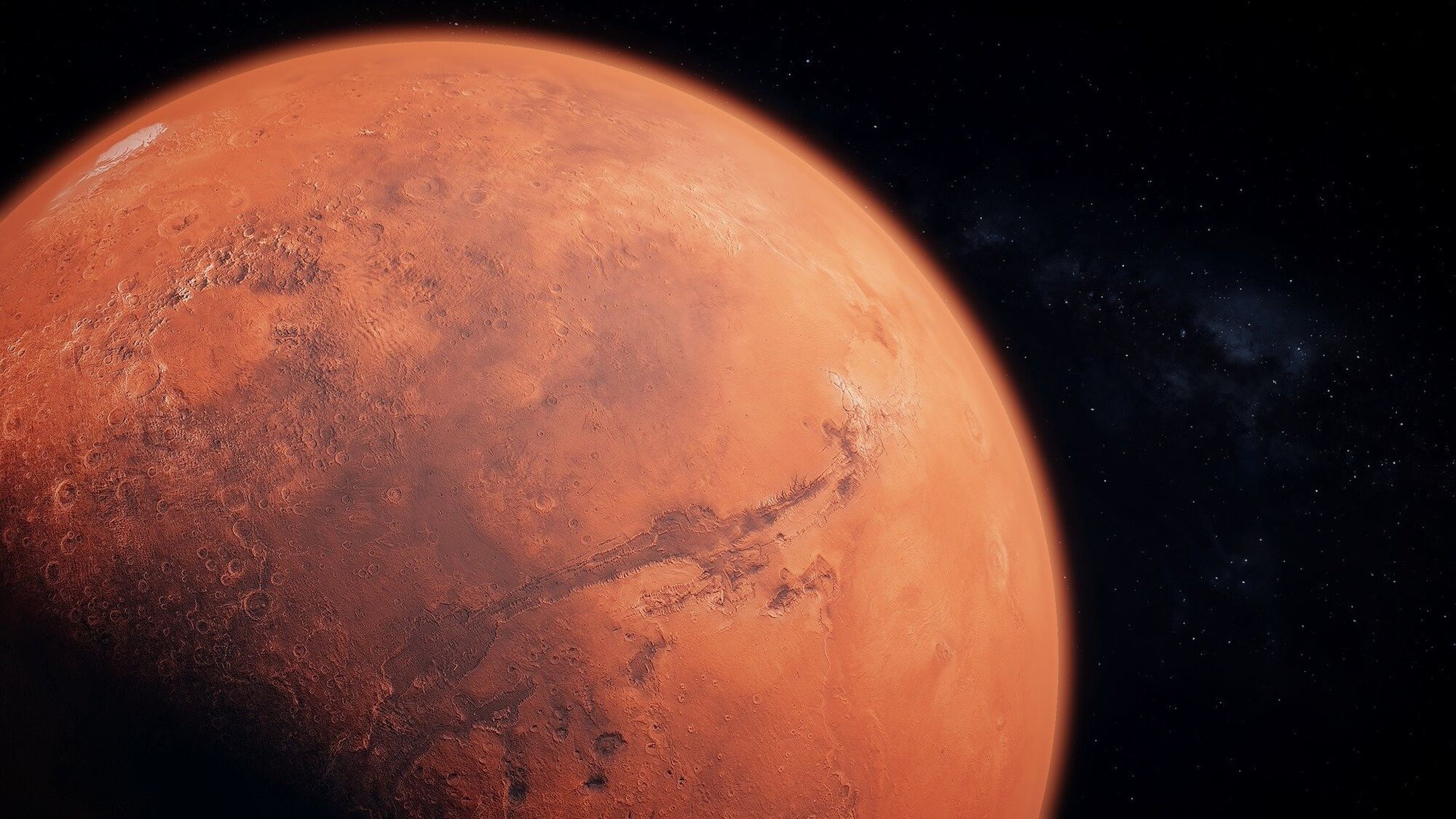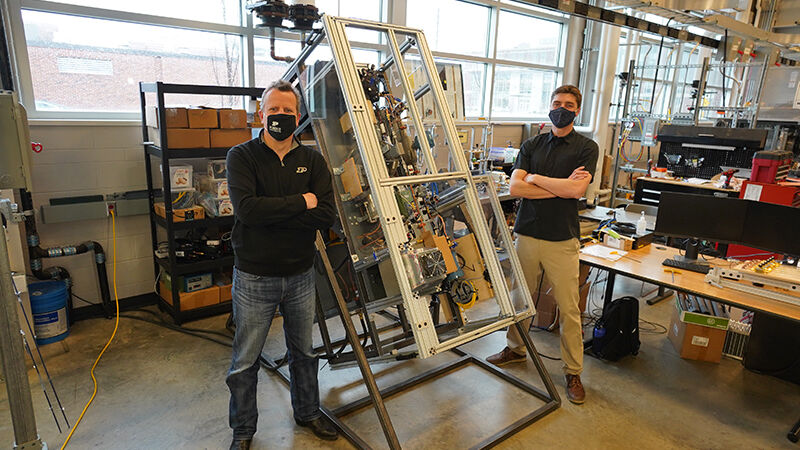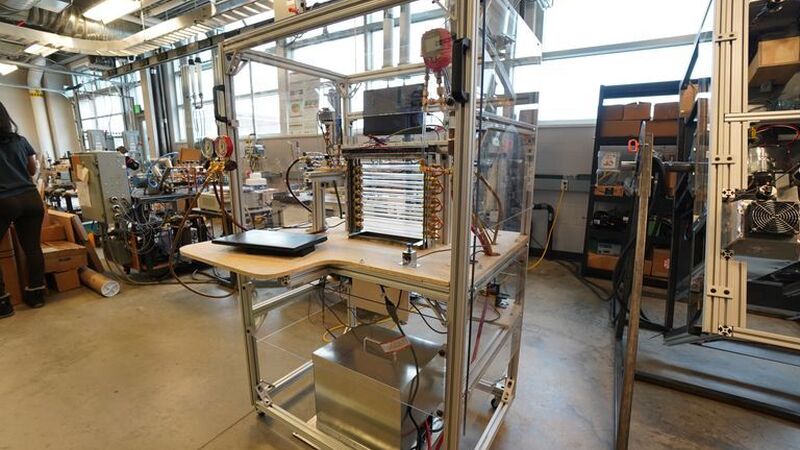
Innovations in Zero-Gravity Refrigeration Could Help Get Astronauts to Mars
If you have seen Apollo 13 — or any pop culture film about space — you have likely seen the small, freeze-dried packets of food astronauts are always eating. Dating back to the 1960s during Project Gemini and later the Apollo program, food intended for space travel was vacuum sealed to remove all moisture — helping preserve nutritional value, extend shelf life, and keep the packets lightweight, which is critical in the weightless environment of space. There’s just one problem — long shelf life does not equate to forever, and just like any other food, the packets eventually spoil.
With the success of the first lunar landing and subsequent missions, space agencies began turning their attention to a much bigger prize — the Red Planet. While exploration of Mars has been ongoing via spacecraft missions since the 1960s, sending astronauts to the planet — a journey that scientists estimate could last as long three years — has been gaining considerable momentum as aerospace technology continues to advance.

Photo courtesy of Purdue University and Jared Pike
Despite this, the mission itself still presents many challenges, one of the biggest concerning the shelf life of those freeze-dried food packets — how do we supply astronauts with enough food to last the duration of their trip without spoiling?
The team at Purdue University's School of Mechanical Engineering, in collaboration with Colorado-based research and development firm, Air Squared, and Whirlpool Corporation, has been exploring solutions to this complex problem, focusing on refrigeration. Their most recent innovation — a zero-gravity refrigerator — could make space-borne food last up to six years.
Designed to bypass the typical phase changes of terrestrial machines, the prototype zero-gravity refrigerator utilizes a new, oil-free compressor to withstand the challenges of microgravity environments.
Currently undergoing testing and analysis as part of three related experiments — each built at Purdue's Ray W. Herrick Laboratories — this could be the innovation everyone has been waiting for. If successful, astronauts could possibly have a reliable refrigerator in space in the near future.
"Astronauts need to have better quality food that they can take along. And so that's where a refrigerator comes into play. But it's still a relatively novel technology for space." — Eckhard Groll, Professor & Head of Purdue University's School of Mechanical Engineering
Video courtesy of Purdue University School of Mechanical Engineering
Purdue University —
School of Mechanical Engineering
As a long-standing client and globally-recognized academic institution, Affiliated Engineers takes deep pride in our relationship with Purdue University. Our campus projects include several efforts for Purdue's world-class School of Mechanical Engineering program, including comprehensive engineering design services for Herrick Laboratories and its extension facility — the Center for High Performance Buildings — designed to support the advanced engineering research and testing capabilities necessary to realize innovations such as the zero-gravity refrigerator.

Photo courtesy of Purdue University and Jared Pike